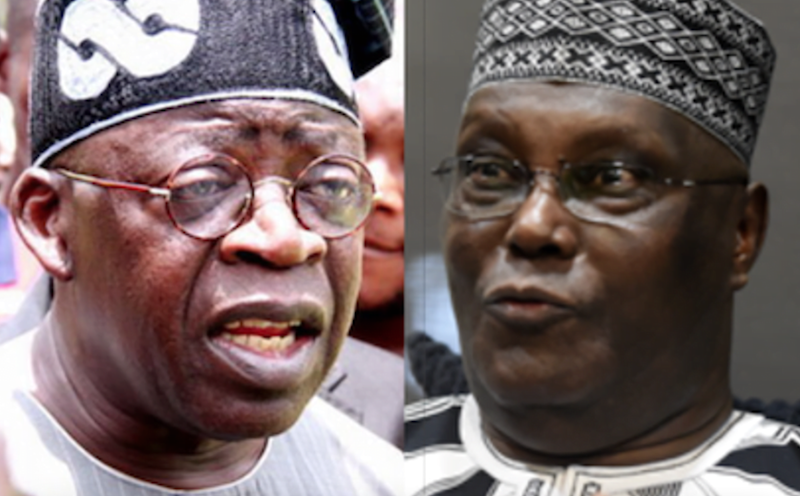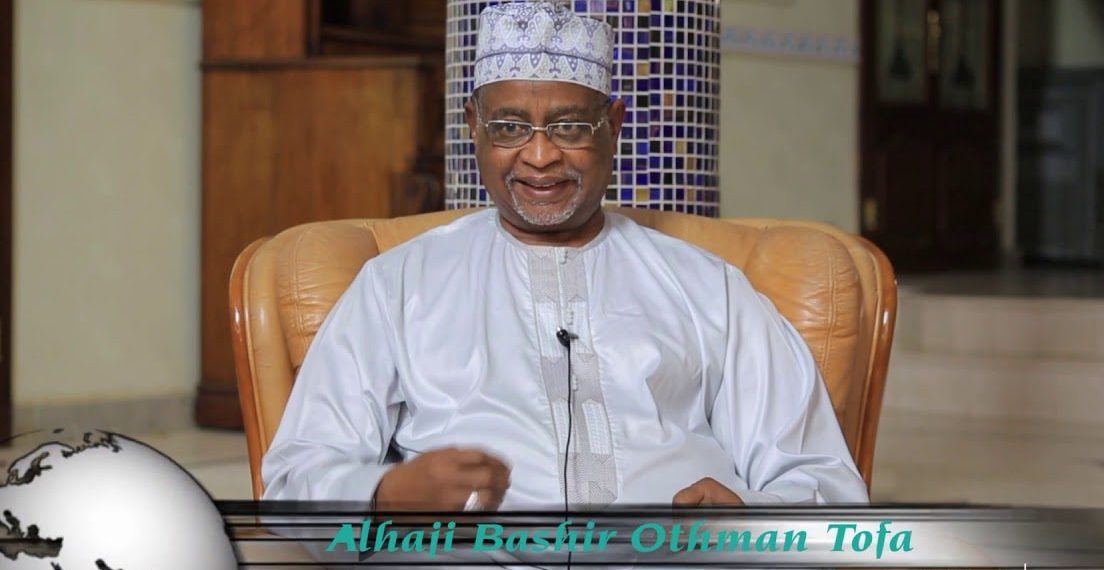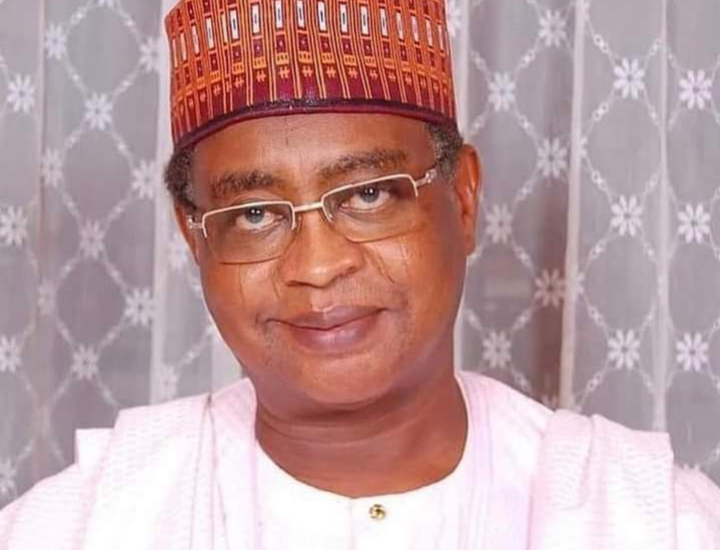By Babajide Balogun
The Presidential candidate of the All Progressives Congress (APC) Asiwaju Bola Ahmed Tinubu has apparently run into a cul-de-sac, with less than two weeks to the February 25 election. All his gimmicks and subterranean machinations have come to a grinding halt.
So, they are now opening a new frontier by likening Tinubu to MKO Abiola and Atiku Abubakar (the presidential candidate of the Peoples Democratic Party as Bashir Tofa. Well, it has failed even before it started.
Tinubu’s thinking is that being from the Southwest like the late Abiola, and his running mate Kashim Shettima coming from the Northeastern state of Borno, just like Babagana Kingibe, he will be able to get the votes from the North, especially Muslims. But there are so many reasons why Tinubu is no Abiola, just as 1993 cannot be the same as 2023.
Indeed, Atiku cannot be put in the same political bracket as Tofa. First of all, Abiola’s story as that of an only surviving child of his parents who fought his way out of poverty resonated well with many Nigerians. And as a successful accountant cum businessman, Abiola’s philanthropic disposition earned him a place in the heart of many Nigerians.
He granted scholarships to many indigent students, built places of worship for people of all faiths, helped people without any recourse to their ethnic, religious or regional backgrounds and set up industries and ventures – from Abiola Babes Football Club to Abiola Airlines and more – where he provided employment opportunities to many Nigerians.
Abiola was able to secure the ticket of the then Social Democratic Party (SDP) by making his movement appealing to Nigerians from all walks of life. He built bridges of unity across the country. Even his eventual Muslim-Muslim ticket was more coincidental than political, because Babagana Kingibe contested against him for the SDP ticket but lost to him. So he was made to be on the ticket in an effort to keep the party united.
It could have been any other politician. Abiola did not use his wealth to intimidate or compromise anyone. He did not leave any room for people to doubt his sincerity.
Tinubu, on the other hand, is completely different. Apart from the controversy surrounding his health, birth and educational history, Tinubu was comfortable concentrating all his energies on Lagos and other parts of the Southwest.
At a point, he was seeing himself as the heir-apparent to late Chief Obafemi Awolowo and the champion of regional politics. It was his presidential ambition that showed that he was neither a sincere Awoist nor the national figure he is now claiming to be. He only needed to use the South West as a bargaining chip, which he used in bringing strange bedfellows to form the APC, giving President Muhammadu Buhari some presence outside his northern stronghold to become president.
To clinch the APC presidential ticket, Tinubu is said to have used his questionable wealth to reach out to some northern governors who worked for his emergence as the party’s flag-bearer. In the end, most of those that contested against him were blackmailed or intimidated into quitting the race.
Many of them are still nursing their wound, which explains why they have shunned the party’s campaign activities. The only success recorded by Tinubu is that of elevating godfatherism in politics to a new high. But “a leopard never changes its spots”. Tinubu has yet to outgrow his ethnic champion status.
Since the commencement of campaign activities, he had always retreated to the South West anytime he felt threatened by the chieftains of his own party (If his own party chieftains do not trust him, why should Nigerians?). It was in Ogun State that he made the infamous ‘Emi lo kan (it is my turn) remark. Also, because he was more interested in appealing to the sentiment of the people, he would speak Yoruba anytime he was in their midst.
That scenario played out on more than one occasion. Unlike in Abiola’s case, Tinubu’s resort to a Muslim running mate was dictated by self-interest. It has nothing to do with advancing the cause of Islam or Muslims. He certainly cannot do that when he can’t even recite Surah al-Fatiḥah, the first chapter of the Qur’an, as many have observed.
Rather than win the hearts of Muslims with this stunt, it has since backfired with many now doubting his claim to being one of them. Knowing how to recite Fatihah is obligatory for Muslims because no prayer is ever complete without it. The move failed to elicit the sort of frenzy envisaged.
Tinubu is now relying on only the northern governors on the platform of the APC to achieve his ambition. He has not been able to reach the grassroots in the north who are the actual voters. The APC candidate should listen to the advice of Senator Shehu Sani who told him not to trust northern governors and politicians because the majority of the common people in the North do not support his touted presidential ambition.
These northern governors are more interested in self-preservation than Tinubu’s ambition. They have mismanaged their states and the people can’t wait to get rid of them. Yet they are the ones selling false hope to Tinubu. A Tinubu presidency can only divide the people further.
However, Atiku seems to have more in common with Abiola because he was also an only child who learned to take care of himself and to fight his own battles from an early age. Atiku has also built bridges with Nigerians of different backgrounds; he has been providing job opportunities to Nigerians, and offering scholarships to many indigent students. In 2017, 15 of the Chibok school girls who escaped from their Boko Haram abductors were awarded scholarships to attend the American University of Nigeria Academy, AUN, Yola.
The scholarships were awarded to the 15 girls by Atiku, who is the founder of AUN, along with some individuals.
Atiku, who has the requisite experience to turn things for the better in the country, has also listened to the yearnings for Nigeria’s unity and participatory politics by coming up with a balanced ticket, picking Delta State Governor Ifeanyi Okowa as his running mate.
Okowa, who will be completing his second term on May 29, is one politician that commands respect among his people. He is without any baggage. In fact, many have described the choice of Okowa as not only strategically representative but one that will also unite the party and the people. If it is about record and pedigree, there should be no debate.
But still Atiku will rather use his manifesto – not just story – to convince Nigerians. His exciting campaigns and the huge turnouts have made him the candidate to beat. Many have judged Atiku’s manifesto the most coherent, realistic and convincing of all the manifestos put forward by all the 18 presidential candidates.
He has laid out his plans, including the things he set to achieve in his first 100 days in office once elected as president. He has promised to work towards ceding more powers to the states to enable them to do more for the people, in line with the yearnings for the restructuring of the country.
But in what can be described as an insult, Tinubu has no plan for the north whose votes he is desperately seeking to enable him to accomplish his desire to be the occupant of Aso Rock.
This much was revealed by Naja’atu Mohammed, who should know because she was the APC’s Campaign Director on Civil Societies. According to Naja’atu, the APC flag bearer told her at a meeting in London that he had no blueprint for tackling insecurity in the North. He is said to be waiting to get elected first before deciding on what to do for the region, despite its numerous challenges.
The average Nigerian voter, whether in the south or north, has come of age. We are in the era of one man, one vote, not one godfather deciding for millions of people. As they say “Once beaten, twice shy”. The people have seen how the APC lied their way to power and made a mess of it.
They know the difference between a hurriedly packaged lie and a truth that has stood the test of time. The difference between Atiku and Tinubu is like that between light and darkness, and no one in his right senses will choose the latter ahead of the former.
Balogun is a public affairs analyst and writes from Ibadan



